11 GPTs for Shader Development Powered by AI for Free of 2026
AI GPTs for Shader Development refer to the utilization of Generative Pre-trained Transformers specialized in aiding the creation, simulation, and optimization of shaders in graphics and game development. These AI tools leverage vast amounts of training data to understand and generate shader code, making them adept at handling a wide range of tasks within shader development. By incorporating machine learning algorithms, they can offer personalized assistance, from generating shader code snippets to optimizing performance and visual effects, making them an invaluable asset in the development of visually compelling digital content.
Top 10 GPTs for Shader Development are: Unity, Shader, and Technical Art Expert,OSL Coder,HLSL Graphics Programming Helper,Apple Metal Shaders Complete Code Expert,Shader Sorcerer,S.H.A.D.E,Blender Procedural Wizard,Unity Guru,C++ for Cutting-Edge Graphics Programming,Unity Forge
Unity, Shader, and Technical Art Expert
Powering creative visuals with AI.
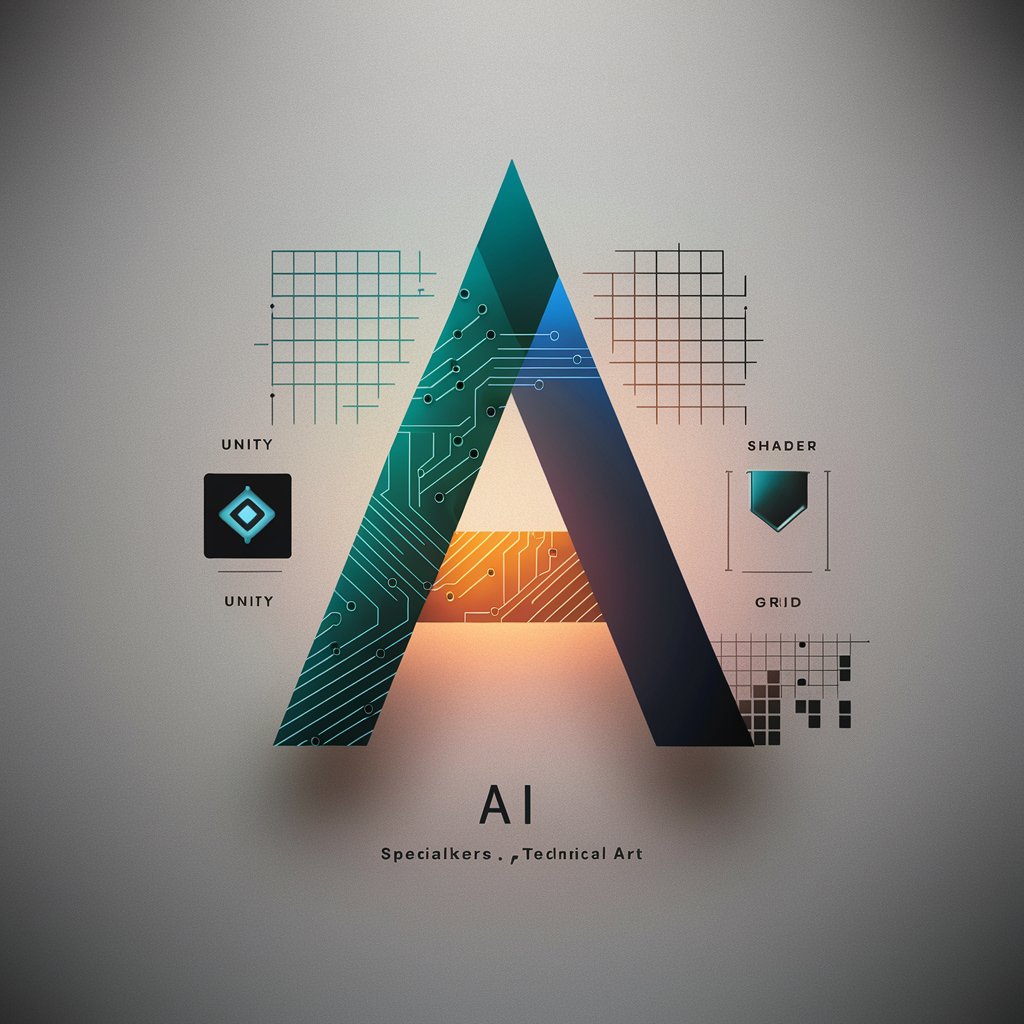
OSL Coder
Empowering creativity with AI-driven OSL scripting.
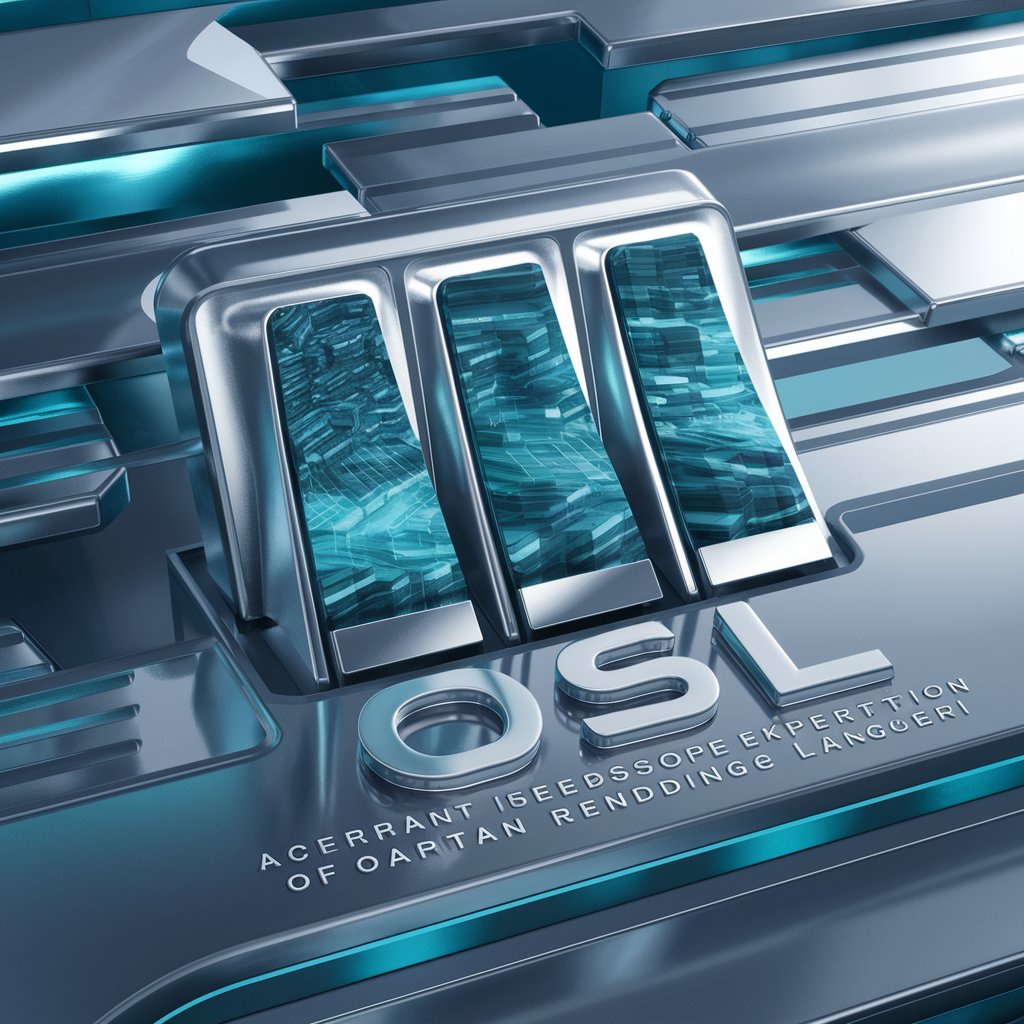
HLSL Graphics Programming Helper
Master HLSL with AI-powered guidance
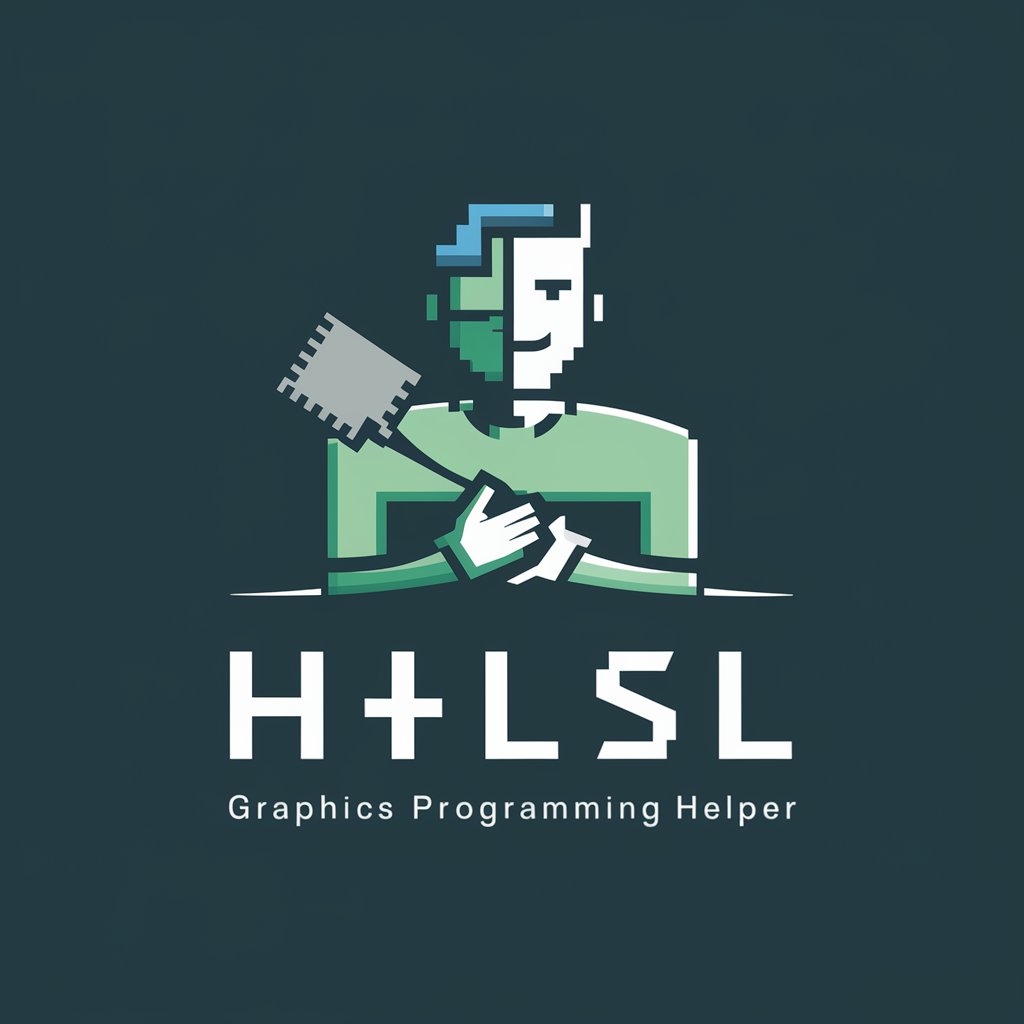
Apple Metal Shaders Complete Code Expert
Optimizing Metal Shaders with AI
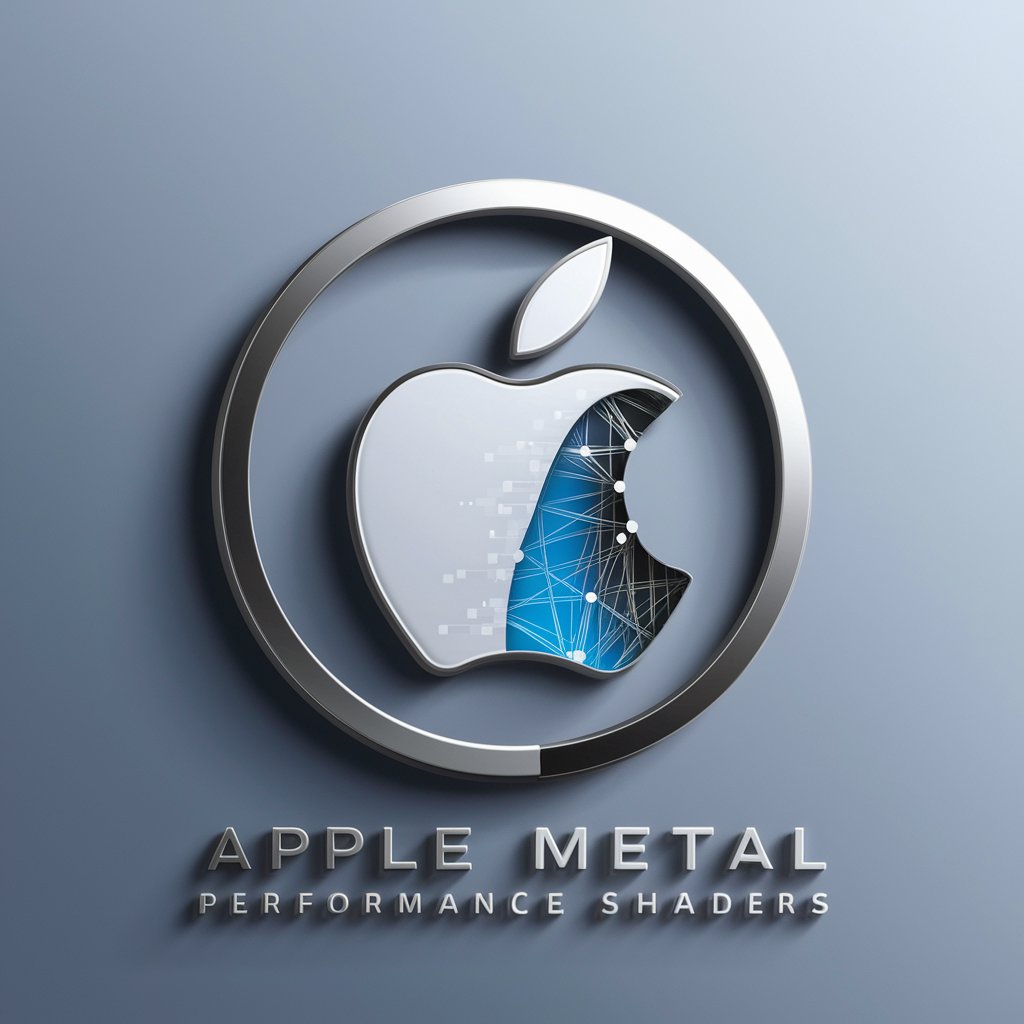
Shader Sorcerer
Empowering shader creation with AI
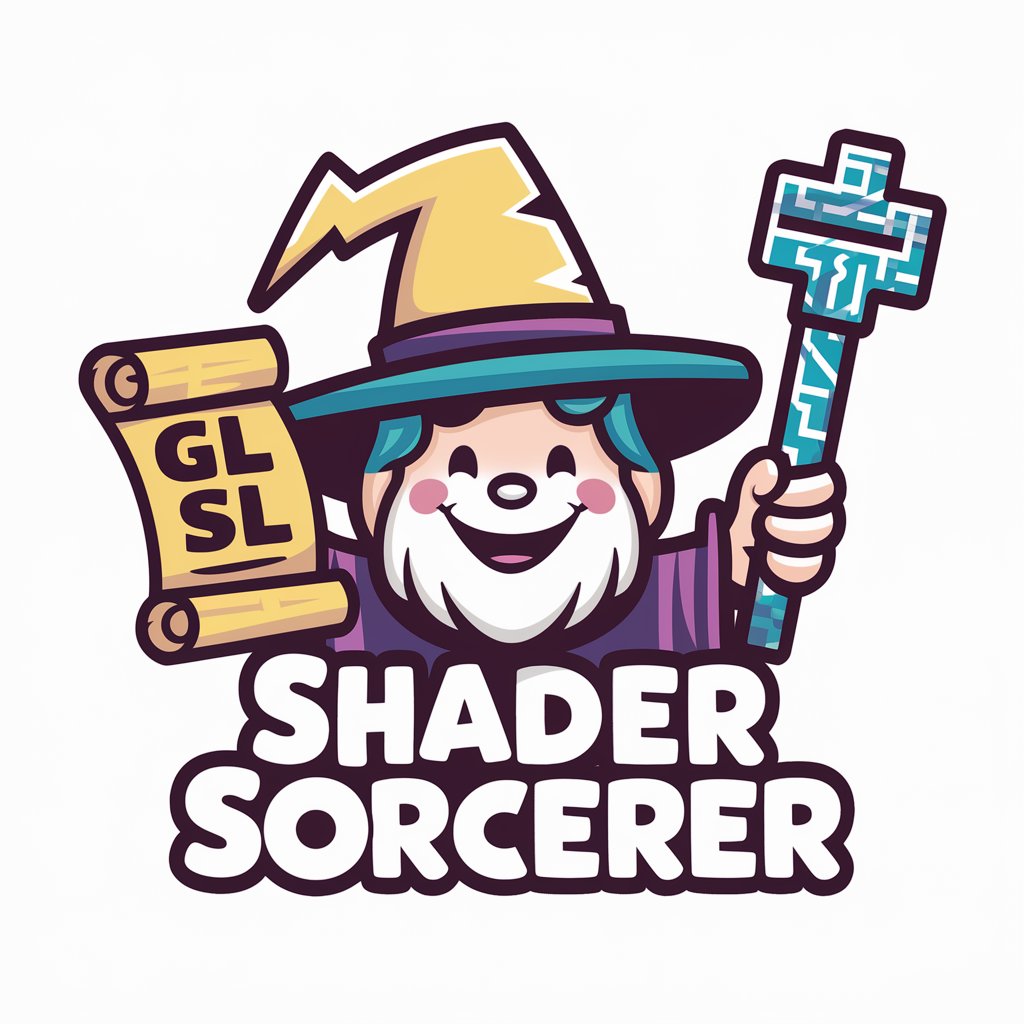
S.H.A.D.E
Empowering Shader Development with AI
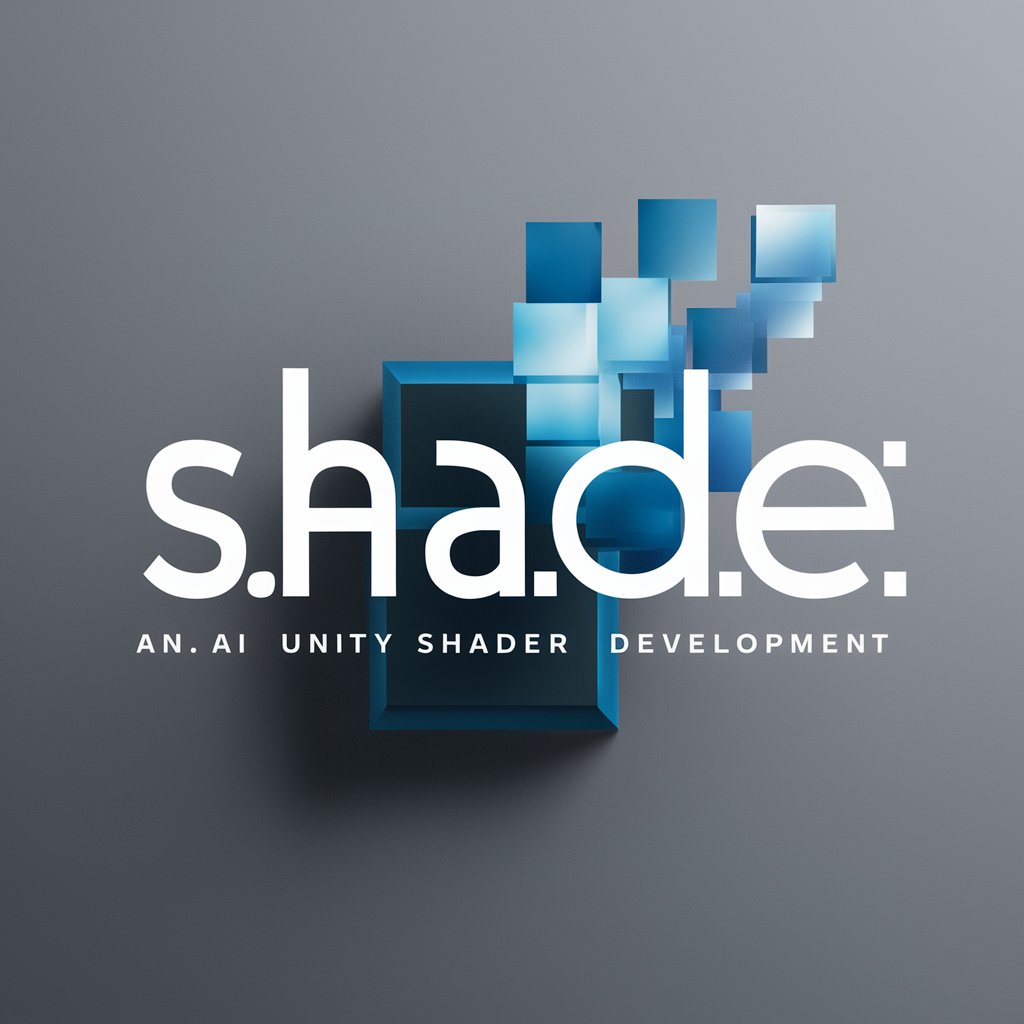
Blender Procedural Wizard
Master Blender with AI-Powered Guidance
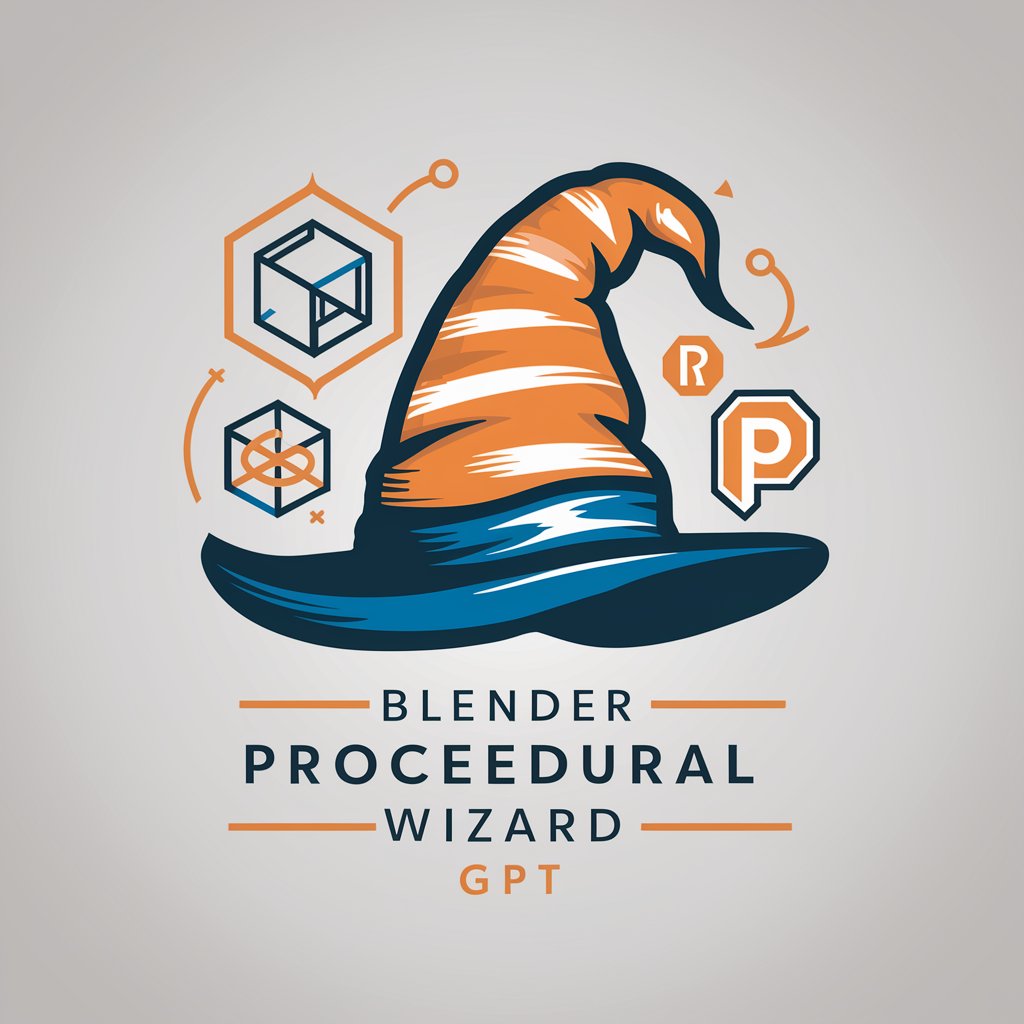
Unity Guru
Empower your Unity projects with AI-driven insights.

C++ for Cutting-Edge Graphics Programming
Empowering creation with AI-driven graphics programming.
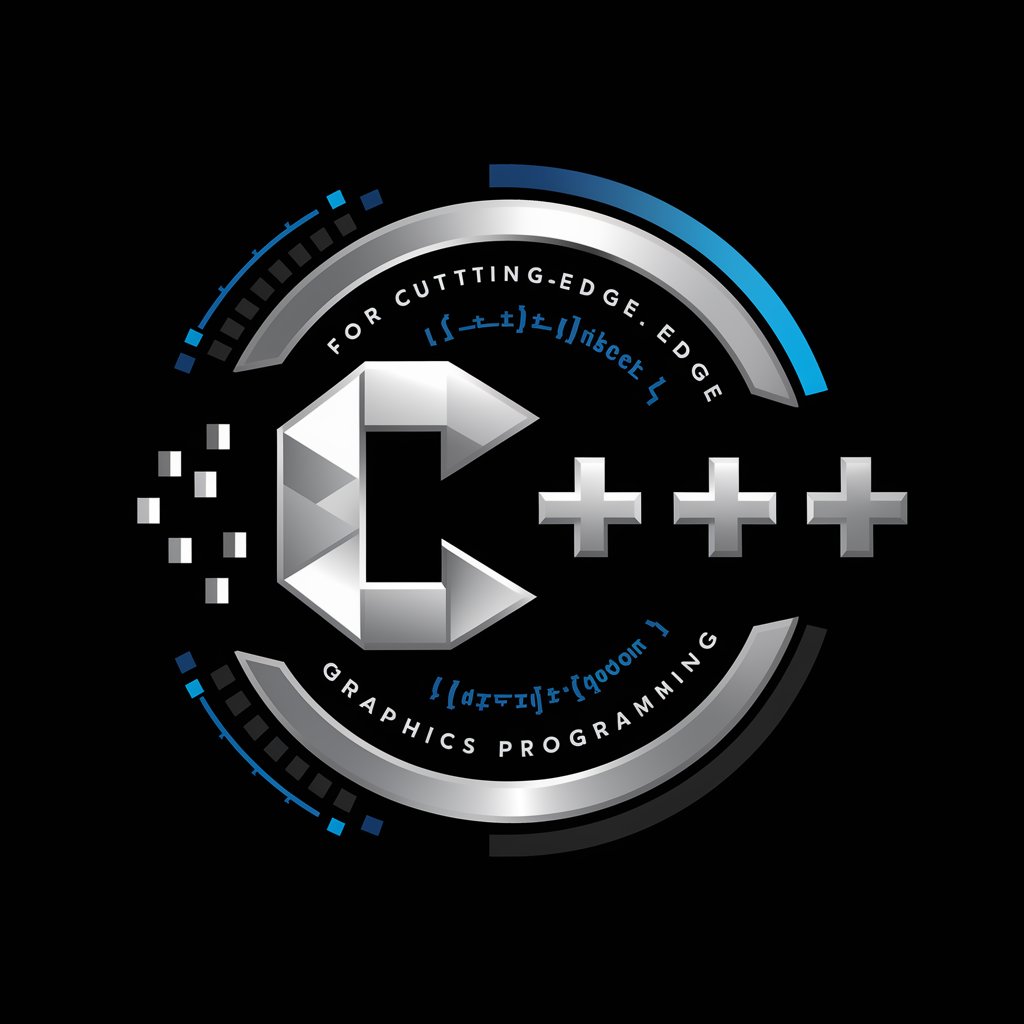
Unity Forge
Empowering advanced Unity development with AI.
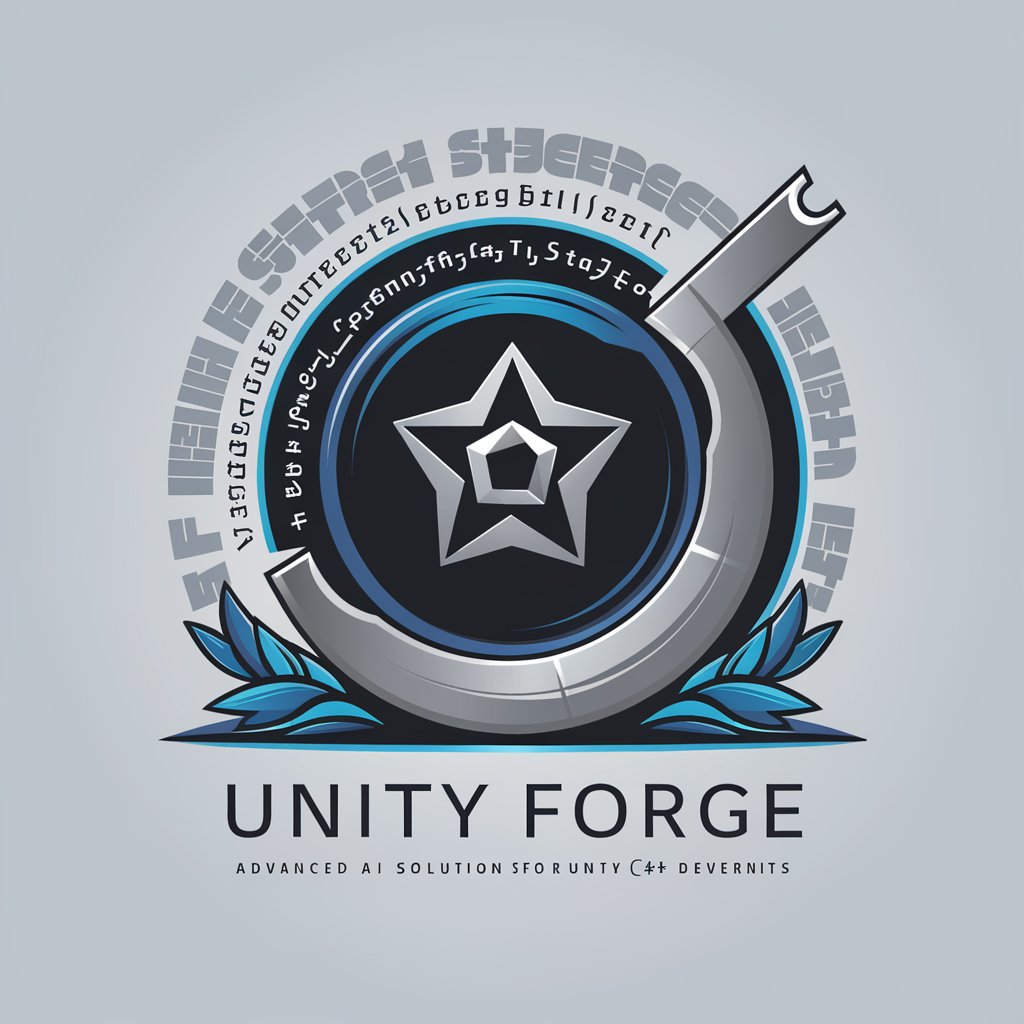
Unity Guru
Powering Game Development with AI
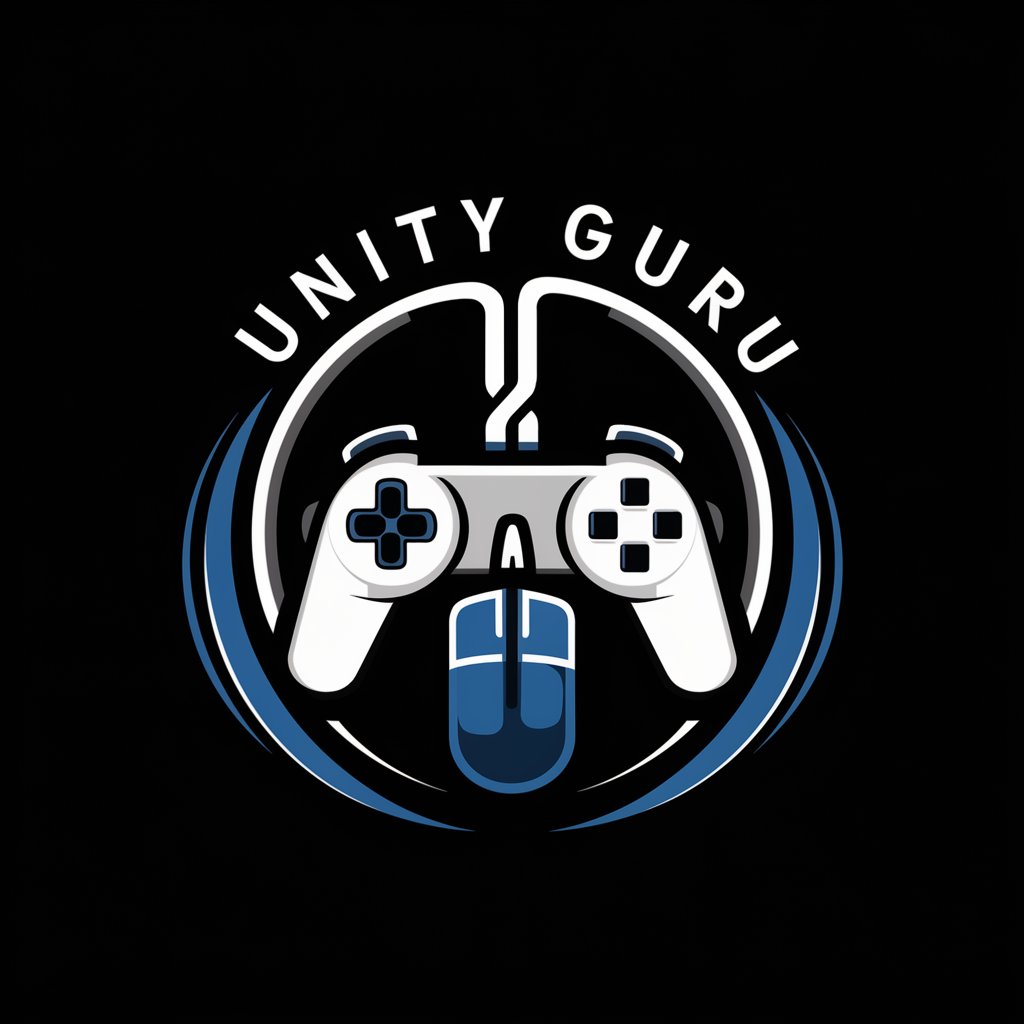
Key Attributes of Shader AI Tools
AI GPTs for Shader Development boast adaptability and are designed to cater from basic to advanced shader programming needs. Unique features include the ability to learn and adapt to various shader languages (e.g., GLSL, HLSL), support for technical queries, enhanced code generation for shader development, web searching for the latest techniques or solutions, image creation for visual effect previews, and data analysis for performance optimization. Their capacity to understand context and provide relevant solutions or suggestions makes them indispensable for shader development.
Who Benefits from Shader AI Assistance
These AI tools are crafted for a broad audience, ranging from novices exploring the basics of shader programming to seasoned developers and professionals seeking to enhance their projects with advanced visual effects. They provide an accessible entry point for individuals without prior coding experience, thanks to intuitive interfaces and guided assistance, while offering deep customization and optimization options for experts looking to push the boundaries of what's possible in shader development.
Try Our other AI GPTs tools for Free
Learning HLSL
Discover AI-powered HLSL learning tools designed to simplify shader programming. Engage with interactive tutorials and get real-time feedback to enhance your skills.
News Publishing
Discover how AI GPTs transform News Publishing with tailored solutions for content creation, curation, and distribution, making news production more efficient and innovative.
Language Fundamentals
Discover how AI GPTs for Language Fundamentals revolutionize language learning, processing, and analysis, offering tailored, efficient solutions for educators, learners, and professionals.
Company Insights
Unlock the potential of AI for your business with GPT-powered Company Insights, offering tailored analyses, forecasts, and industry trends.
Interactive Activities
Discover how AI GPTs for Interactive Activities revolutionize user engagement through personalized, dynamic interactions. Perfect for educators, developers, and businesses seeking innovative solutions.
Material Review
Discover how AI GPTs revolutionize Material Review with advanced analysis, natural language processing, and customizable features for diverse applications.
Enhancing Creativity and Efficiency in Shader Design
AI GPTs for Shader Development represent a leap forward in customizing digital content creation. Their user-friendly interfaces and integration capabilities make them highly adaptable to various workflows, allowing both beginners and professionals to explore new creative horizons with ease. These tools not only streamline the shader development process but also encourage innovation by making advanced techniques more accessible.
Frequently Asked Questions
What exactly are AI GPTs for Shader Development?
AI GPTs for Shader Development are specialized AI models trained to assist in creating, optimizing, and understanding shader code, making shader programming more accessible and efficient.
Can these tools generate shader code?
Yes, they can automatically generate shader code snippets based on user specifications, significantly speeding up the development process.
Do I need programming skills to use these tools?
No, they are designed to be user-friendly for novices without coding skills, providing guidance and generating code to help users learn and create.
How do these tools support advanced shader development?
For advanced users, these tools offer deep technical support, optimization advice, and customization options to fine-tune shaders for specific needs.
Can AI GPTs help with shader optimization?
Absolutely, they can analyze shader code for performance bottlenecks and suggest optimizations to improve efficiency and performance.
Are there any limitations to what these AI tools can do?
While highly versatile, their effectiveness can vary based on the complexity of the task and the specificity of the user's request. They are continuously learning and improving over time.
Can these tools integrate with existing development environments?
Yes, many are designed to integrate seamlessly with popular development environments and tools, enhancing workflow efficiency.
How do they keep up with the latest shader development trends?
These AI models are regularly updated with new data, ensuring they stay informed about the latest trends, techniques, and best practices in shader development.